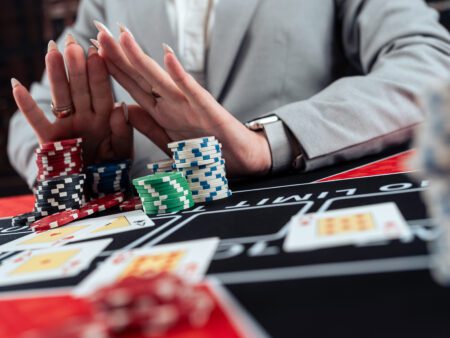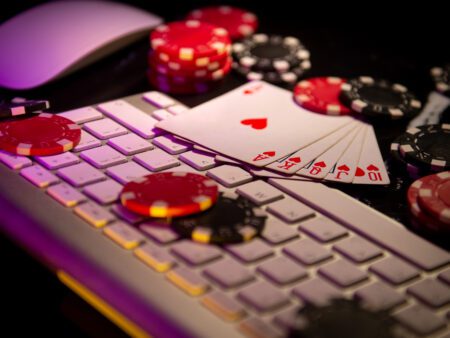Dive into the psychology of superstitions in gambling. Understand why some players hold on to certain beliefs and how it impacts their gaming behavior.
The Role of Superstition in Gambling: A Psychological Perspective
In the thrilling world of gambling, luck is an ever-present theme. For some, it’s not just about probability and statistics; it’s about rituals, charms, and specific practices believed to bring good fortune. Welcome to the realm of superstition in gambling. This article explores the psychological perspectives on why superstitions are so prevalent among gamblers and how they impact their gameplay.
1. The Allure of Control
Gambling, by nature, is a game of chance. Superstitions emerge as an attempt to gain a sense of control over the uncontrollable. Psychologists refer to this as ‘illusion of control’ – a cognitive bias where individuals overestimate their ability to control events. By wearing a lucky charm or following a certain ritual, gamblers may feel they are influencing an outcome that is, in fact, determined by chance.
2. Superstition and the Human Brain
Our brains are wired to identify patterns, a trait that’s served us well throughout evolution. However, this tendency also means that we sometimes see patterns where none exist, known as ‘apophenia’. In the context of gambling, a random win might be associated with a particular behavior or action, leading to the formation of a superstition.
3. Superstitions as Emotional Buffers
Gambling can be an emotional rollercoaster. Superstitions often serve as emotional buffers, providing comfort and reducing anxiety. They may not change the outcome, but the mental reassurance they offer can make the gambling experience more enjoyable.
4. Cultural Influence on Superstitions
Culture plays a significant role in shaping our superstitions. In some cultures, certain numbers are considered unlucky, which can influence how people place their bets. For instance, in many Western cultures, the number 13 is viewed as unlucky, while in Chinese culture, the number 4 is considered unfortunate.
5. Superstitions and the Gambler’s Fallacy
The gambler’s fallacy, the belief that past events can influence future outcomes in random scenarios, is a common superstition among gamblers. For instance, in a game of roulette, if the ball lands on red five times in a row, a gambler might be convinced that it’s more likely to land on black the next spin.
6. Challenging Superstitious Beliefs
While superstitions can add to the fun and mystery of gambling, it’s essential to maintain a rational perspective. Strategies like understanding the rules of the game, setting a budget, and knowing when to stop can be more effective than any lucky charm.
7. Final Thoughts
The world of gambling is filled with superstitions, which from a psychological standpoint, offer fascinating insights into human behavior and cognitive biases. They lend an element of personalization and intrigue to the game, making the gambling experience more than just about winning or losing.
Remember, gambling is a form of entertainment that should be enjoyed responsibly. Whether you believe in superstitions or not, always ensure that your gambling habits are healthy and within your control. After all, the most successful gamblers are those who understand the role of luck, but also respect the importance of sensible play.










